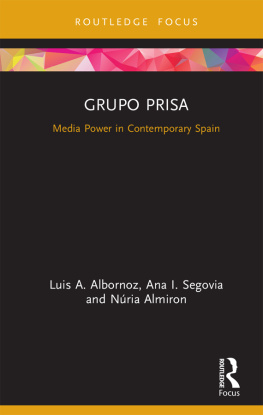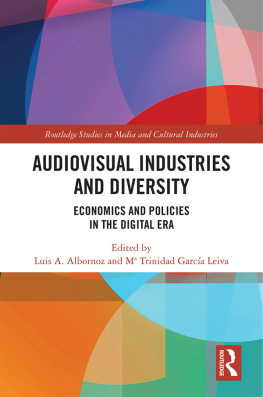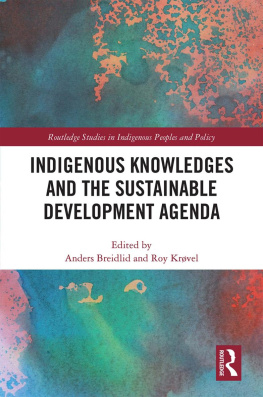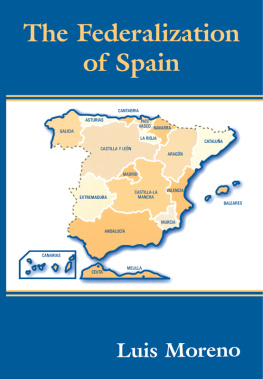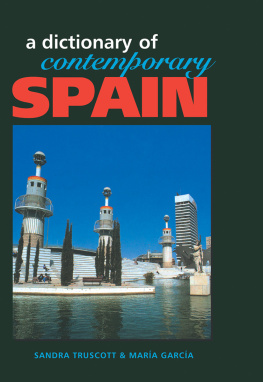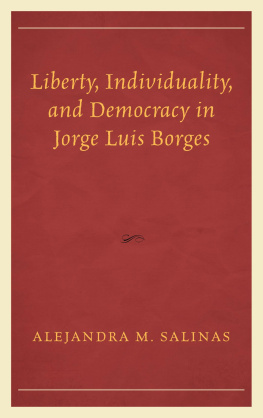Grupo Prisa
In one of the first English-language studies of Grupo Prisa, this book delivers a comprehensive and concise approach to the political, economic, and social-cultural profile of one of the leading cross-media conglomerates in Europe, tracing its development from a single newspaper publisher in 1972.
Prisa is now the worlds leading Spanish- and Portuguese-language media group in the creation and distribution of content in the fields of culture, education, and information, producing content for more than 20 countries with global brands like El Pas (newspaper), Los 40 (radio), and Santillana (education). Using a critical political economy approach, the authors track Prisas journey to becoming a cross-media conglomerate and examine how it mirrors the recent history of the economic and political developments in Spain.
This concise and highly contemporary volume is ideal for students, scholars, and researchers looking to further their understanding of a growing Spanish-language media power or more generally interested in international communication and media industries.
Luis A. Albornoz is Associate Professor in the Department of Communication Studies at Carlos III University of Madrid (UC3M), and director of the research group Audiovisual Diversity (www.diversidadaudiovisual.org). He is director of the MA in Applied Research to Mass Media at UC3M. He is also founding partner and former president (20072013) of the international scientific association Latin Union of Political Economy of Information, Communication and Culture (ULEPICC).
Ana I. Segovia is Associate Professor in the Department of Journalism and New Media at Complutense University of Madrid (UCM). She is founding partner and president of the Spanish section of the international scientific association Latin Union of Political Economy of Information, Communication and Culture (ULEPICC). Her research interest includes communication policies and global media corporations.
Nria Almiron is Associate Professor in the Department of Communication at Pompeu Fabra University (UPF). She is director of the UPF research group Audiovisual Communication Research Unit (UNICA), coordinator of the THINKClima research project, and director of the UPFs MA in International Studies in Media, Power and Difference.
Global Media Giants
Series editors: Benjamin J. Birkinbine, Rodrigo Gomez and Janet Wasko
Since the second half of the 20th century, the significance of media corporate power has been increasing in different and complex ways around the world; the power of these companies in political, symbolic and economic terms has been a global issue and concern. In the 21st century, understanding media corporations is essential to understanding the political, economic and socio-cultural dimensions of our contemporary societies.
The Global Media Giants series continues the work that began in the series editors book Global Media Giants, providing detailed examinations of the largest and most powerful media corporations in the world.
For more information about this series, please visit: www.routledge.com/Global-Media-Giants/book-series/GMG
Alphabet
The Becoming of Google
Micky Lee
Tencent
The Political Economy of Chinas Surging Internet Giant
Min Tang
Grupo Prisa
Media Power in Contemporary Spain
Luis A. Albornoz, Ana I. Segovia and Nria Almiron
Grupo Prisa
Media Power in Contemporary Spain
Luis A. Albornoz, Ana I. Segovia and Nria Almiron
First published 2020
by Routledge
52 Vanderbilt Avenue, New York, NY 10017
and by Routledge
2 Park Square, Milton Park, Abingdon, Oxon, OX14 4RN
Routledge is an imprint of the Taylor & Francis Group, an informa business
2020 Taylor & Francis
The right of Luis A. Albornoz, Ana I. Segovia, and Nria Almiron to be identified as authors of this work has been asserted by them in accordance with sections 77 and 78 of the Copyright, Designs and Patents Act 1988.
All rights reserved. No part of this book may be reprinted or reproduced or utilised in any form or by any electronic, mechanical, or other means, now known or hereafter invented, including photocopying and recording, or in any information storage or retrieval system, without permission in writing from the publishers.
Trademark notice: Product or corporate names may be trademarks or registered trademarks, and are used only for identification and explanation without intent to infringe.
Library of Congress Cataloging-in-Publication Data
A catalog record for this book has been requested
ISBN: 978-0-367-27753-6 (hbk)
ISBN: 978-0-429-29771-7 (ebk)
Typeset in Times New Roman
by Apex CoVantage, LLC
The authors would like to thank the many colleagues who, over the years in our academic careers, have helped us build a consistent line of work on the case of Grupo Prisa, supported our research, and enriched it with their comments, especially the academic network created by the international scientific association Latin Union of Political Economy of Information, Communication and Culture (ULEPICC).
We also would like to thank the Routledge staff (many thanks, Emma, for your patience!) and, in particular, the series editors of Global Media Giants and our colleagues of the Political Economy Section of the International Association for Media and Communication ResearchIAMCR (Ben, Rodrigo, and Janet) for their trust, encouragement, and support throughout the entire writing and editing processes of this volume.
Finally, we must thank those who are always the mainstays of any author: family members and friends. They are obliged to bear intense and prolonged periods of absence by the authors during weekends and holiday times. As always, we couldnt have made it without all of you. Thanks!!
It is widely accepted that Spain is a country with a high degree of parallelism between media and politics. Political parallelism, as defined by Hallin and Mancini (2004), refers to the links between political actors and media actors, or, more precisely, the extent to which media reflects political divisions and struggles. In southern European countries, high political parallelism produces a media system that is extremely polarized as political systems have been in the region and instrumentalized. In Spain, this political polarization and instrumentalization of the media system meant for a long time that the mainstream media followed the bipartisan model of the political system, with outlets backing one of the two main political parties which alternated power and generated strong clientelistic ties (Fernndez-Quijada and Arboledas, 2013). This changed in 2014, when new political parties emerged that embodied more radical positions on the left and the right than the two larger mainstream parties.
This new scenario transformed Spanish politics into a much more fragmented arena for the first time since the end of the Francoist regime in 1975, ending bipartisanship and bringing the political system closer to the diverse sociological reality of the country. However, the media system did not adapt to this reality since only the new right wing parties views were incorporated into the mainstream media. By the end of 2017, for instance, the political views of citizens represented by 31.3 per cent of the members of the Spanish Parliament (who had voted for left wing Podemos or for pro-independence Catalan parties) were not reflected in the Spanish mainstream media. Therefore, political parallelism theory seems to collapse in Spain during this process.


